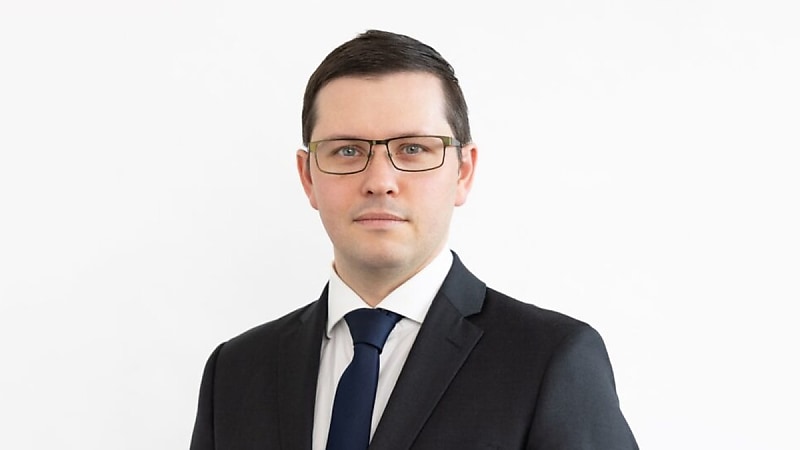Advisers could be at risk if unitholder deeds aren’t fit for SMSFs
Unitholder deeds can be a powerful tool to reduce the risks of dispute, however, advisers who source or provide documentation that is not fit for purpose can be at risk, according to a legal specialist.
While unit trusts are a common investment structure, and, according to DBA Lawyers director Shaun Backhaus, are a particularly popular way for SMSFs to gain real estate exposure.
Under basic circumstances, the terms of a unit trust deed alone “may be sufficient”, Backhaus said, however, there are situations where a unitholders’ agreement would help the parties avoid costly disputes or by removing uncertainty.
“There are many things that can happen to a unitholder (or the person controlling a unitholder entity, often called a ‘Principal’) that can cause problems for other unitholders,” he said.
These complicating factors can include:
- Unitholders or principals dying or losing capacity.
- Unitholders or principals becoming bankrupt or otherwise facing financial difficulties.
- Changes in family circumstances such as divorce.
- A change in control of unitholders or principals.
- A party simply wanting to divest their unitholding.
“While an investor may initially know and get along with all of their fellow unitholders, many events can result in another person controlling a unitholder entity, which may not be desirable for the remaining unitholders,” Backhaus added.
“Further, unitholders may simply be experiencing an irresolvable dispute over the management or course of an investment and require some mechanism for one or more unitholders to divest their unitholding.”
There is a range of provisions that unitholders can include in the deed to outline the parties’ rights and obligations, he added, ranging from how units can be sold, rights of refusal, what constitutes a default, and, for SMSF unitholders, control restrictions in respect of superannuation law and other SMSF-related issues.
“Many SMSFs invest in unit trusts for the purpose of holding or developing real estate. The management of these type of investments often gives rise to disputes. Having clear rules about key aspects of the investment can reduce the risks of dispute,” Backhaus said.
“For an SMSF to be a unitholder of any unit trust, relevant documents such as the trustee constitution and unit trust deed must be appropriate for SMSF investors. Advisers who provide or source documents that are not fit for purpose are at risk.”
Crucially, Backhaus added, SMSF investors should seek advice if there is “any doubt about their super law obligations to ensure no breaches occur”.
“A unitholders deed is a prudent way to ensure parties rights and obligations in respect of various events are considered and planned for from the commencement of their investment. Such an agreement between parties can ensure any default events or disputes are dealt with effectively and without costly delays and arguments,” he said.
“Prudent advisers should discuss the option of a unitholders deed with any client investing in a unit trust with others.”


